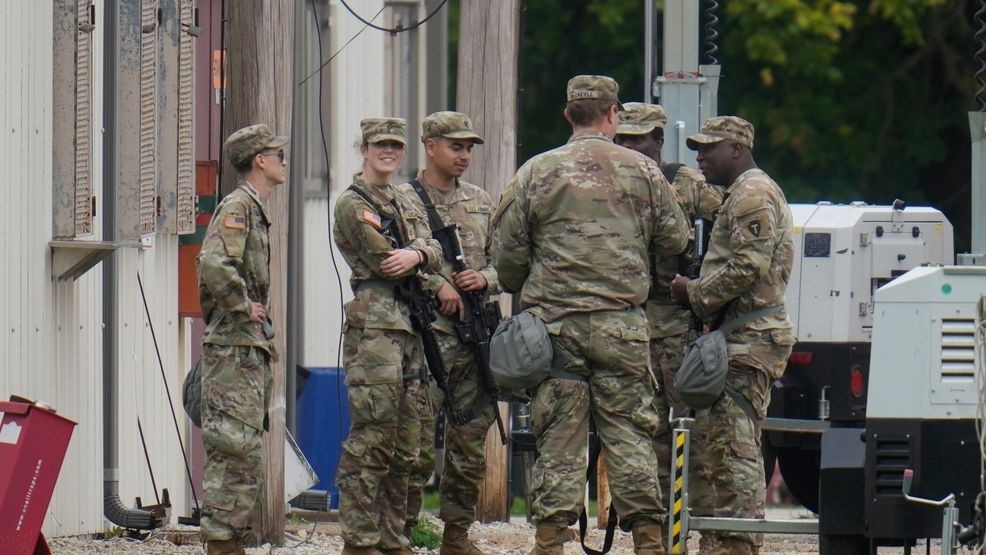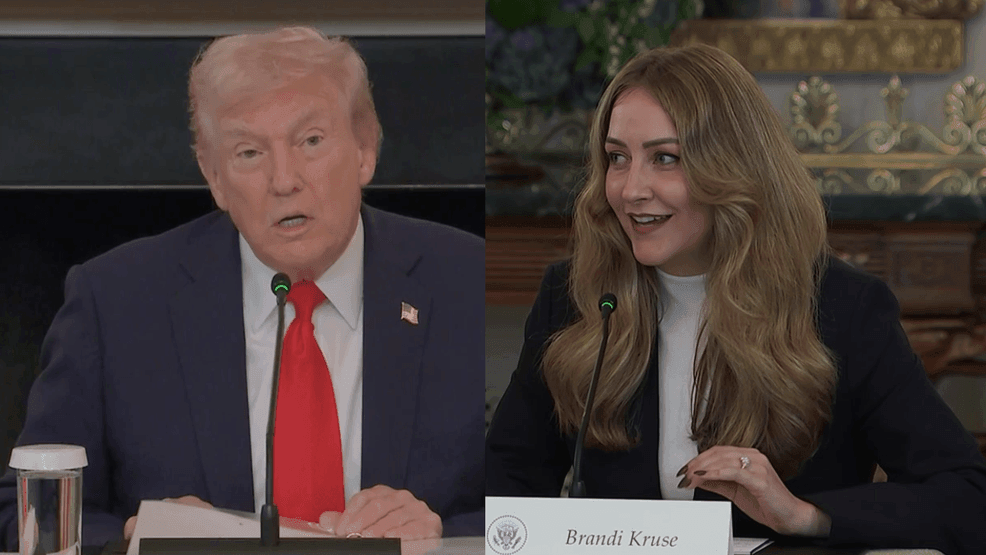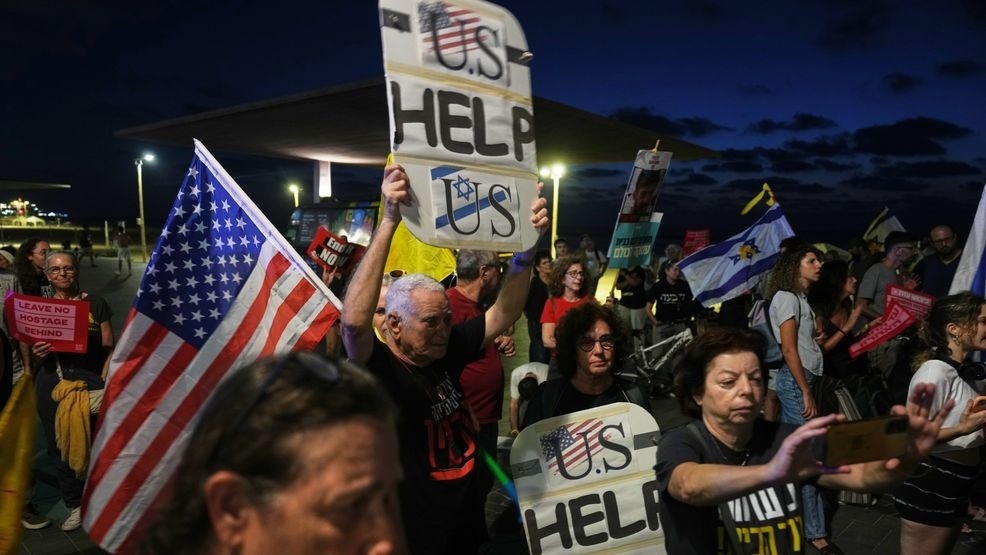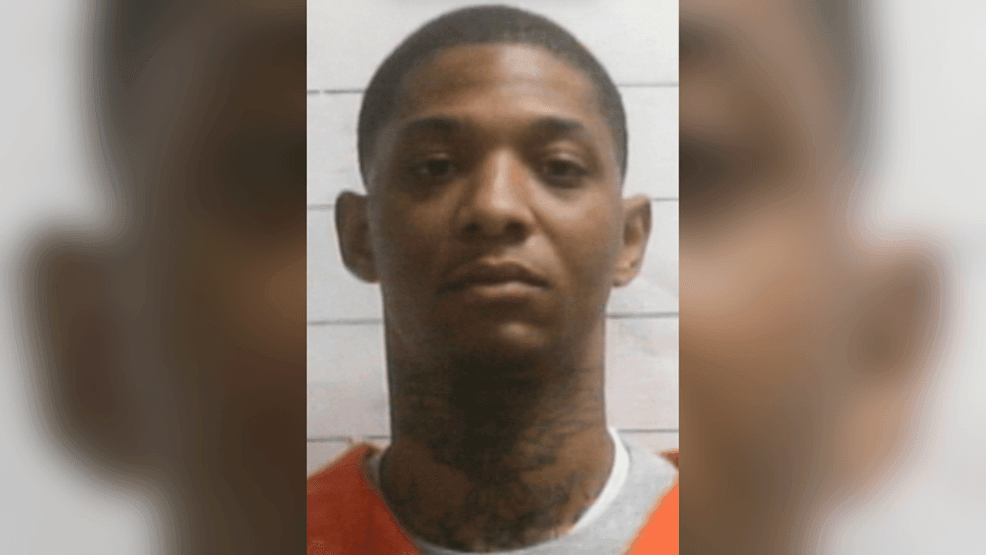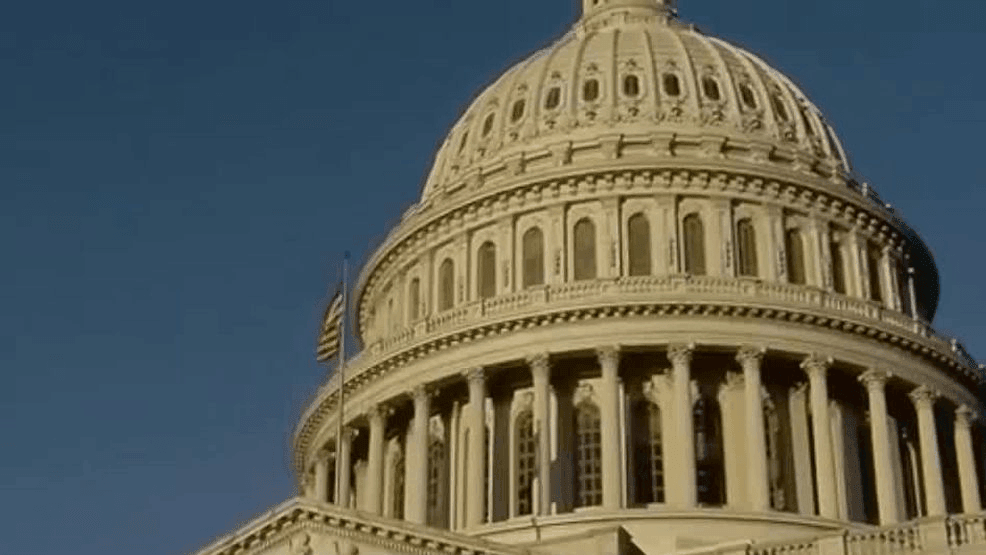Description
CHICAGO (TNND) — President Donald Trump’s use of National Guard troops in American cities is roiling tensions with local leaders and creating a growing string of legal battles as states sue the administration to keep the military out of their streets.
Two hundred troops from Texas deployed near Chicago on Wednesday and another 300 from Illinois are preparing to do the same against the wishes of Illinois Gov. JB Pritzker and city officials. Trump has said the military is needed in a handful of major U.S. cities to help crack down on crime and protect federal buildings and workers that have been sites of protests over the administration’s aggressive crackdown on illegal immigration.
An immigration facility outside of Chicago has been the site of regular protests along with other clashes in the city after the Department of Homeland Security launched its “Operation Midway Blitz” to crack down on immigration. The White House has said local officials aren’t doing enough to reduce crime and protect immigration agents, while Pritzker has said Trump is intentionally trying to heighten tensions by sending in the military.
“Donald Trump is using our service members as political props and as pawns in his illegal effort to militarize our nation’s cities,” Pritzker said earlier this week.
Chicago Mayor Brandon Johnson has also been adamantly opposed to the deployment, singing an executive order earlier this week prohibiting federal immigration agents from using city property to stage or conduct operations.
"The Trump administration must end the war on Chicago," Johnson said during a Monday press conference. "The Trump administration must end this war against Americans. The Trump administration must end its attempt to dismantle our democracy."
Trump took aim at Johnson and Pritzker early Wednesday as troops prepared to deploy in the city, saying he thought both should “be in jail for failing to protect ICE Officers!”
Local and state officials have fiercely opposed Trump’s deployment of National Guard troops and have sued the administration to stop them. A judge will hear arguments in Illinois’ lawsuit on Thursday, at the same time arguments in Oregon will start as the state tries to get a deployment to Portland that has already put on hold permanently blocked after the judge overseeing the case said it appeared unconstitutional.
In its lawsuit, Illinois asked the court to block “the illegal, dangerous, and unconstitutional federalization of members of the National Guard of the United States” and to declare the federalization of Guard troops more broadly as illegal.
Attorneys for Illinois argued the deployments are politically motivated and follow Trump’s lengthy history of making “threatening and derogatory” comments about Chicago and Illinois.
Control over National Guard troops typically falls on a state’s governor unless they are federalized, which the administration has done in cases where Democratic governors have opposed sending troops into their cities’ streets. Trump has argued local leadership has failed to protect their communities and painted major cities like Portland and Chicago as lawless places ridden with crime.
Judges and legal experts have questioned whether Trump is going beyond his legal authority to send the military into U.S. cities.
“Part of the problem here is that the Trump administration story keeps changing about what they actually want the National Guard to do. Are they going to just be protecting federal buildings? Are they going to be supporting ICE in arresting immigrants? Are they going to be trying to do ordinary crime control, like arresting carjackers or something? These are entirely different issues,” said Paul Gowder, a law professor at Northwestern University.
Even if the administration can clear the legal hurdles piling up in front of them, what troops can do is limited by the Posse Comitatus Act that prevents the military from enforcing domestic laws. A federal judge has already ruled Trump violated that law when he sent the National Guard into Los Angeles, a decision the administration is appealing.
Trump has threatened to invoke the Insurrection Act if judges continue to block the deployments, which allows the president to send active-duty military to states that are unable to stop an insurrection or are defying federal law.
“If I had to enact it — I’d do that," Trump said. "If people were being killed, and courts were holding us up, or governors or mayors were holding us up.”
But the Insurrection Act also has limits in what it would allow troops to do in U.S. cities and would likely lead to even more court battles.
“Even if he could validly invoke the Insurrection Act, that would still only let him use troops to enforce federal law, mostly meaning immigration in this case. To the extent Trump's talk about getting Chicago's (alleged) crime under control is to be taken seriously, there's a second big constitutional problem. The federal government doesn't have the authority to regulate ordinary street crime in a city,” Gowder said in an email.
Other Related News
10/08/2025
WASHINGTON President Donald Trump convened a roundtable Wednesday with top cabinet member...
10/08/2025
WASHINGTON TNND As negotiations continue to end the war in Gaza President Donald Trump s...
10/08/2025
by JESSICA A BOTELHO The National News DeskWed October 8th 2025 at 440 PMFILE - This unda...
10/08/2025
WARNER ROBINS Ga WGXA Multiple Middle Georgia law enforcement agencies gathered in Warner...
10/08/2025


